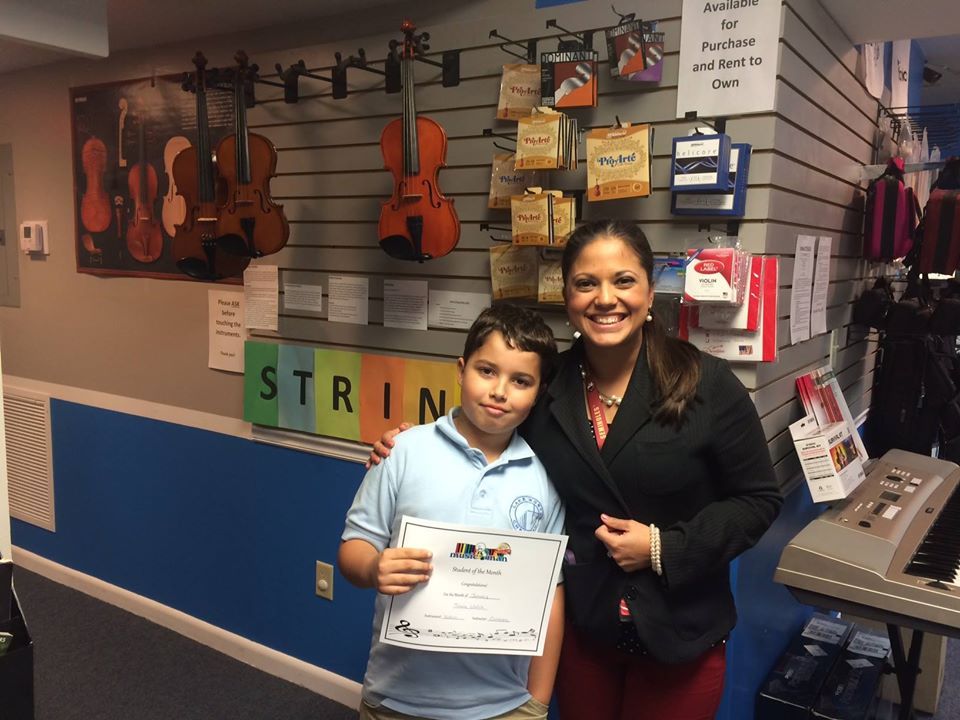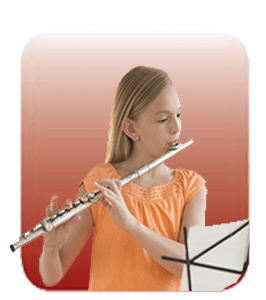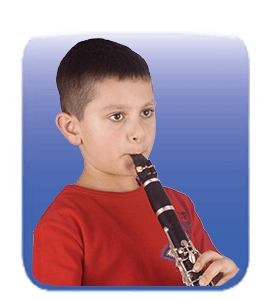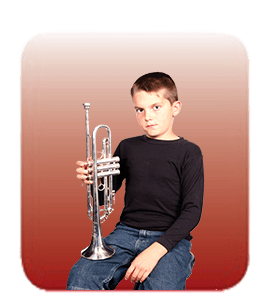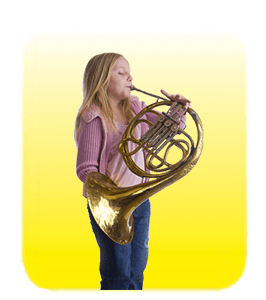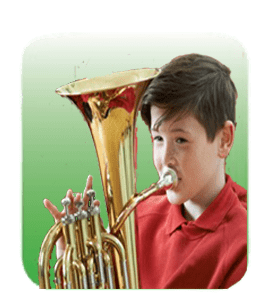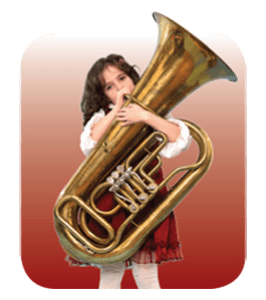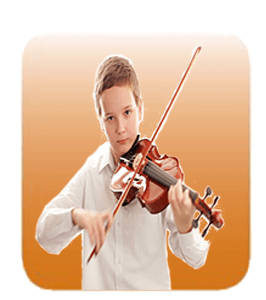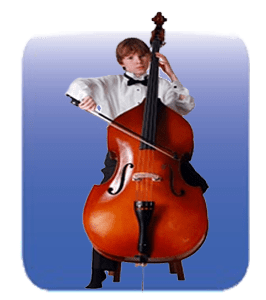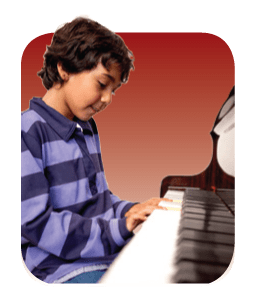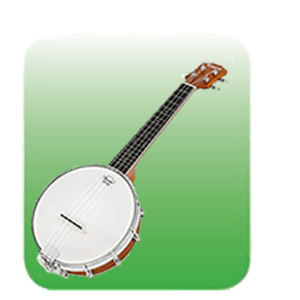Dr. Tim Lautzenheiser, 2010
Firstly, Students with one year of music participation show an 11% increase in academic performance, students with two years show an increase of 14%, students with three years show an increase of 17%, and students with four years of music participation show an average increase of 23%.
CEEB (College Entrance Examination Board, 2004)

Secondly, Students in music classes scored - on average - 50 to 100 points higher than students with no arts coursework; as a result the difference in scores becomes more dramatic as the years of music participation increase.
John Ratey, MD, A User’s Guide to the Brain, 2001.
Thirdly, The musician is constantly adjusting decisions on tempo, tone, style, rhythm, phrasing, and feeling; subsequently training the brain to become incredibly good at organizing and conducting numerous activities at once. Dedicated practice of this can have a great payoff for lifelong attention skills, intelligence, and an ability for self-knowledge and expression.
Caterall, Chapleau and Iwanaga, UCLA, 1999.
Fourthly, Students who report consistent high levels of involvement in instrumental music over the middle and high school years, for example, show significantly higher levels of mathematical proficiency by Grade 12. In addition, differences in mathematics proficiency between students consistently involved versus not involved in instrumental music grew significantly over time.
However, Music training does far more than allow us to entertain ourselves - and others - by playing an instrument, or singing. Instead, it actually changes our brains! Actively working with musical sounds enhances "neuroplasticity" (the brain’s ability to adapt and change). Scientists found that musical training has a profound impact on other skills including speech and language, memory and attention. In addition, musical training can have an impact in ones ability to convey emotions vocally.
So, what is it that musical training does? According to scientists, the findings strongly indicate it adds new neural connections — and that primes the brain for other forms of human communication. (Nina Kraus, Northwestern University, 2010)
College of Notre Dame, MD, 2010
Comparatively, Middle school students who study music significantly outperform their peers in algebra skills. While the link between music instruction and algebra achievement most likely lies in a combination of factors, researchers found that the primary effect is a matter of enhanced brain development. For Example, Middle-school music instruction takes place during a time (age 10-12) in which a proliferation of new connections occur in the developing brain. These new synapses are formed and strengthened, at least in part, by musical activities that are undertaken during early adolescence.
Campbell, Connell and Beegle, Journal of Research in Music Education, 2007.
When teenagers were asked to express the life benefits of their music study, the most frequently mentioned skill was self-discipline. The students acknowledged that the hard work and dedication that are essential to participation in school music groups teach a valuable lesson. If you 'stick with something and practice,’ then the rewards will be many. Other students conceded that the concentration required for learning music and the process of memorizing music pieces had honed those skills in other areas of their schoolwork. Music was frequently described as a force for building one’s character, and many students expressed their belief that music was capable of directing them in shaping their broader sense of self; who they were becoming, and how they might succeed in the world. The students highlighted confidence, responsibility, compassion, pride, patience, and respect as aspects of their character they feel they owe, at least in part, to music.
Music will benefit your child in ways that no other academic subject will!
Congratulations on choosing music for your child!
-
30-Minute Lesson Tuition
-
$40
per Lesson - One-Time $25.00 Registration Fee For New Students
- Best for Beginner Students
- Our Most Popular Lesson Option
- Ask About Our Group Rates
-
60-Minute Lesson Tuition
-
$60
per Lesson - One-Time $25.00 Registration Fee For New Students
- Best For a More In-Depth Lesson Experience
- Most Popular with Auditioning Students
- Best Value
Meet Our Teachers
Music Degree or Vast Musical Experience
Most Work within Local School System
Background Checked

